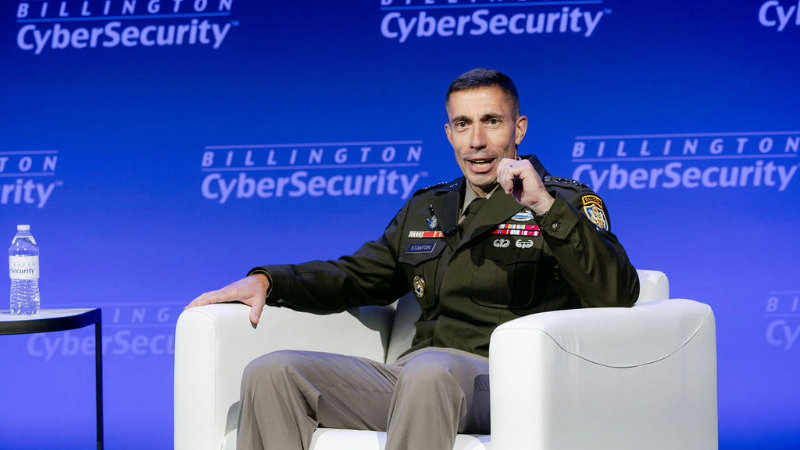
The Defense Information Systems Agency (DISA) is accelerating development of its multi-partner environment (MPE), a hybrid-cloud solution designed to give U.S. and allied forces real-time access to shared data – a capability leaders say will be critical in the next global conflict.
“I’m super excited about this – it’s increasingly relevant, important, and [plays a] significant role in development, designing, operating, maintaining, and defending the multi-partner environment,” said Lt. Gen. Paul Stanton, director of DISA and commander of the Department of Defense Cyber Defense Command, while speaking on Thursday at the Billington CyberSecurity Summit in Washington.
The MPE environment is a framework overseen by DISA that allows the Pentagon to securely share information in real-time with trusted entities. It is a top priority of DISA, said Stanton, who pointed to the need for seamless data integration between organizations while engaged in a multi-partner fight.
“Our partners have to seamlessly integrate their data into the operating environment so that the warfighting community can digest, respond, operate, feed back into that look,” said Stanton. “It is a critical responsibility, and one in which we are prioritizing so that we can apply the latest and newest technologies in a meaningful way.”
DISA has been driving its MPE by working within a hybrid cloud environment that uses enterprise identity and credential access management solutions within a zero trust environment. The environment enables the agency to avoid using a cross-domain and hardware-based solution.
This approach, Stanton said, meets security requirements for a “manageable degree of risk” that allows DISA to “operate critical to the design” at mission speed.
When a future conflict occurs, Stanton warned that it will be on a global scale and require multinational coalitions whose makeup shifts with each operation. To be successful, U.S. combatant commands – from NORTHCOM to INDOPACOM, STRATCOM, and CYBERCOM – cannot operate in silos.
“If we have independent services providing independent solutions to the different combatant commands, it won’t work,” said Stanton, adding, “We’re prepared to move and we’re excited about the opportunity.”
